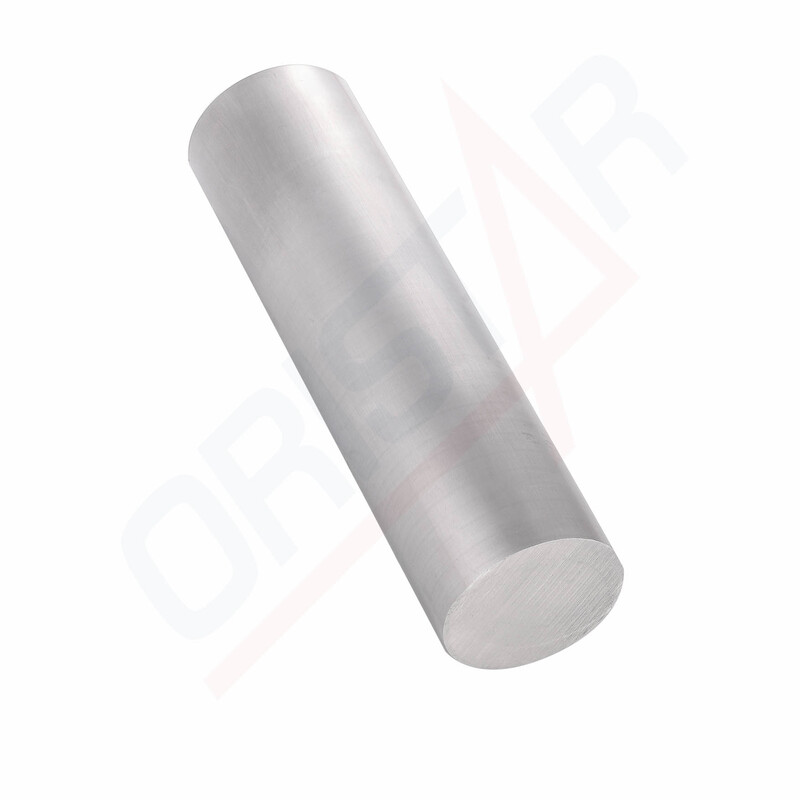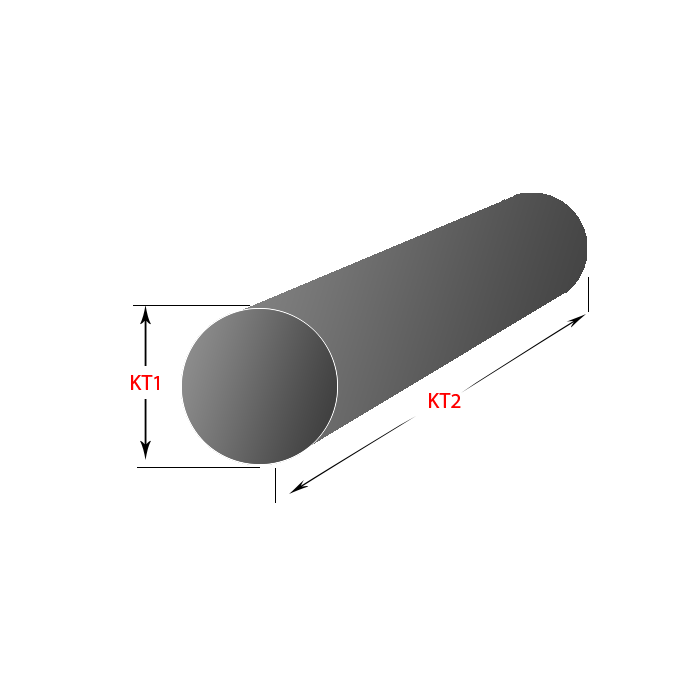THÔNG TIN CƠ BẢN
Aluminum Alloy A2017 is a high-strength aluminum alloy commonly used in applications that require superior mechanical properties. A2017 is a member of the 2000 series aluminum alloys, known for its high load-bearing capacity and good hardness, but it has the drawback of limited corrosion resistance unless properly protected.
Key Characteristics of Aluminum Alloy A2017:
- Chemical Composition:
- Aluminum Alloy A2017 primarily consists of aluminum (Al) and copper (Cu), with copper (Cu) ranging from 3.9% to 4.7%, along with small amounts of manganese (Mn), magnesium (Mg), and chromium (Cr) to enhance strength and mechanical properties.
- Physical Properties:
- High Mechanical Strength: A2017 offers high tensile strength and hardness, making it suitable for applications requiring significant load-bearing and strength.
- Limited Corrosion Resistance: This alloy has lower corrosion resistance compared to some other aluminum alloys. Therefore, surface protection methods such as anodizing or coating are necessary.
- Good Machinability: Despite its high strength, A2017 is machinable and can be heat-treated to improve its mechanical properties.
- Applications:
- Aerospace Industry: Used in structural and component applications for aircraft and spacecraft due to its high mechanical properties and lightweight nature.
- Automotive Industry: Utilized in vehicle components that require high strength and load-bearing capability.
- Machinery Manufacturing: Employed in machinery parts that require high durability and strength.
- Shape and Size:
- Aluminum Alloy A2017 is typically available in forms such as plates, bars, tubes, or custom-shaped products depending on specific application needs.
Manufacturing and Processing:
- Aluminum A2017 is produced through hot and cold rolling processes and can be heat-treated (such as aging) to enhance its mechanical properties. To protect against corrosion, A2017 is often anodized or coated.
(Source: Internet)
Key Characteristics of Aluminum Alloy A2017:
- Chemical Composition:
- Aluminum Alloy A2017 primarily consists of aluminum (Al) and copper (Cu), with copper (Cu) ranging from 3.9% to 4.7%, along with small amounts of manganese (Mn), magnesium (Mg), and chromium (Cr) to enhance strength and mechanical properties.
- Physical Properties:
- High Mechanical Strength: A2017 offers high tensile strength and hardness, making it suitable for applications requiring significant load-bearing and strength.
- Limited Corrosion Resistance: This alloy has lower corrosion resistance compared to some other aluminum alloys. Therefore, surface protection methods such as anodizing or coating are necessary.
- Good Machinability: Despite its high strength, A2017 is machinable and can be heat-treated to improve its mechanical properties.
- Applications:
- Aerospace Industry: Used in structural and component applications for aircraft and spacecraft due to its high mechanical properties and lightweight nature.
- Automotive Industry: Utilized in vehicle components that require high strength and load-bearing capability.
- Machinery Manufacturing: Employed in machinery parts that require high durability and strength.
- Shape and Size:
- Aluminum Alloy A2017 is typically available in forms such as plates, bars, tubes, or custom-shaped products depending on specific application needs.
Manufacturing and Processing:
- Aluminum A2017 is produced through hot and cold rolling processes and can be heat-treated (such as aging) to enhance its mechanical properties. To protect against corrosion, A2017 is often anodized or coated.
(Source: Internet)



